Introduction
The Atrial Fibrillation Effect on Quality of Life (AFEQT) questionnaire is a specialized, patient-reported outcome measure meticulously designed to assess Atrial Fibrillation’s Quality of Life impact. Since its development and initial publication in 2011 by Spertus et al., the AFEQT has gained considerable traction within the cardiology community, evidenced by its citation in over 500 scholarly articles. This instrument empowers clinicians and researchers to gain deeper insights into how AF, a common cardiac arrhythmia, affects patients beyond purely clinical metrics. Consequently, it facilitates a more holistic approach to patient care and a more nuanced evaluation of treatment efficacy in research settings. The AFEQT systematically covers symptoms, daily activities, emotional well-being, and treatment-related concerns, providing a comprehensive picture of the patient’s experience with AF.
Key Features of the Atrial Fibrillation Effect on Quality of Life (AFEQT) Questionnaire
Purpose and Use
The fundamental purpose of the AFEQT is to quantify the impact of Atrial Fibrillation on a patient’s QoL. It specifically delves into how AF-related symptoms, daily activity limitations, emotional distress, and treatment concerns affect individuals. This detailed assessment makes the AFEQT an invaluable tool for clinicians to understand the patient’s burden of disease. Furthermore, in research, it serves as a critical endpoint for evaluating the effectiveness of various AF therapies, including pharmacological interventions, catheter ablation, and lifestyle modifications.
Target Population
Researchers have validated the AFEQT for adults aged 18+ with diagnosed atrial fibrillation. This encompasses a wide range of adult age groups, including:
- Young Adults (18-24 years)
- Middle-Aged Adults (25-44 years)
- Older Adults (45-64 years)
- Seniors (65+ years)
Structure
The AFEQT consists of 20 questions, which are thoughtfully structured to cover distinct aspects of a patient’s life impacted by AF. Researchers categorize these questions into four key sub-domains:
- Symptoms (4 items): Assessing the frequency and severity of AF symptoms.
- Daily Activities (8 items): Evaluating the extent to which AF limits various physical and routine activities.
- Treatment Concern (6 items): Exploring patient worries and burdens related to their AF treatment regimen. This includes concerns about medication side effects and procedural complications.
- Treatment Satisfaction (2 items): Gauging the patient’s contentment with their current AF management plan. Patients respond to these items using a 7-point Likert scale, allowing for a granular measurement of AF’s impact.
Scoring Method
The AFEQT employs a straightforward scoring system where both overall and subscale scores are transformed to a range of 0 to 100. On this scale, higher scores invariably indicate a better quality of life, meaning AF has a lesser negative impact on the patient. Conversely, lower scores suggest a more significant impairment in QoL due to Atrial Fibrillation.
The developers have provided clear cut-off scores to aid in the clinical interpretation of the AFEQT results:
- >60: Indicates severe QoL impairment. Patients in this range are likely experiencing substantial distress and functional limitation due to AF.
- 60–80: Suggests moderate QoL impairment. These patients are noticeably affected by their AF, but not as severely as the previous group.
- >80: Represents mild or no QoL impairment. Patients scoring in this range generally report that AF has a minimal effect on their lives.
These thresholds are particularly useful for clinicians in identifying patients who may require more intensive management or supportive care, and for researchers in categorizing disease severity or treatment outcomes.
Administration Format
Healthcare teams can administer the AFEQT questionnaire in various formats, including traditional paper-based forms, digital online versions, and mobile applications. This flexibility allows for convenient data collection tailored to different environments and patient preferences. Importantly, The research team designed the questionnaire for self-administration, so patients need no training to complete it and staff require no specialization to oversee it.
Applications of Atrial Fibrillation Effect on Quality of Life (AFEQT) Questionnaire
The AFEQT serves multiple vital roles in both clinical cardiology practice and research endeavors, enhancing the understanding and management of Atrial Fibrillation. Its patient-centered approach provides valuable insights beyond traditional physiological measures.
- Screening for QoL Impairment: Clinicians can efficiently use the AFEQT to screen patients with AF for significant QoL impairment. Early identification of patients heavily impacted by their condition allows for timely interventions and personalized support.
- Monitoring Disease Progression and Treatment Response: The questionnaire is an excellent tool for longitudinally monitoring changes in a patient’s QoL over time. This is particularly useful for assessing the effectiveness of treatments, such as antiarrhythmic drugs, ablation procedures, or lifestyle adjustments. A significant improvement in AFEQT scores can indicate a successful intervention from the patient’s perspective.
- Informing Treatment Planning and Shared Decision-Making: By highlighting specific areas of concern for the patient (e.g., symptoms, activity limitations, treatment concerns), the AFEQT can help clinicians tailor treatment plans more effectively. Moreover, discussing AFEQT results can facilitate shared decision-making, ensuring that treatment choices align with the patient’s priorities and QoL goals.
- Essential Tool in AF Research: Researchers widely use the AFEQT in clinical trials and observational studies on atrial fibrillation. This patient-reported outcome measure helps investigators compare therapy effectiveness and assess AF’s broader life impact. Its strong psychometric properties enable high-quality data generation
The questionnaire relies on patient self-assessment and, therefore, stands as an important instrument for improving the overall management and care pathways for individuals living with Atrial Fibrillation.
Languages and Availability
Recognizing the global prevalence of Atrial Fibrillation, the AFEQT has been translated and culturally adapted into numerous languages. Available versions include:
-
- Arabic
- English
- Spanish
- French
- German
Indeed, its availability in more than 10 languages significantly facilitates international collaborative research and ensures its applicability across diverse patient populations worldwide.
Reliability and Validity
The AFEQT is recognized as a highly reliable and valid instrument for assessing QoL in patients with Atrial Fibrillation. Its psychometric properties have been rigorously tested.
Robust Internal Consistency and Test-Retest Reliability: The questionnaire demonstrates excellent internal consistency, with Cronbach’s alpha coefficients for the global score and its subscales consistently exceeding 0.80. This high alpha value signifies that the items within each scale are closely related and measure the same underlying construct effectively. Furthermore, studies have also established its strong test-retest reliability, ensuring that the questionnaire yields stable scores over time when the patient’s condition has not changed.
- Key AFEQT Validation Studies: Numerous studies have contributed to the validation of the AFEQT across different patient populations and linguistic contexts.
- Original Development and Validation: The foundational study by Spertus et al. (2011) published in Circulation: Arrhythmia and Electrophysiology detailed the development process and established the initial psychometric properties of the AFEQT in patients with Atrial Fibrillation. This study is a critical reference for anyone using the questionnaire.
- Cultural Adaptation and Validation: An example of its widespread applicability is the cultural adaptation and validation of the AFEQT into other languages, such as the Greek version validated by Markidou et al. (2020) and published in the Hellenic Journal of Cardiology. Such studies ensure that the questionnaire maintains its validity and reliability when used in different cultural settings, which is essential for international research and clinical application.
These validation efforts confirm that the AFEQT is a dependable tool for measuring QoL in the AF patient population, providing researchers and clinicians with trustworthy data.
Limitations and Considerations
Despite its many strengths and widespread utility, the AFEQT, like any patient-reported outcome measure, has a few limitations that users should consider:
- Self-Report Measure: As a self-report instrument, responses can be influenced by subjective patient perception and recall bias.
Acknowledging these limitations allows for a more nuanced interpretation of AFEQT scores and helps in contextualizing the findings within the broader clinical picture.
Availability of Other AFEQT Versions
To enhance its utility in different settings, alternative versions of the questionnaire have been developed. Notably, an AFEQT Short Form (AFEQT-SF) is also available, offering a more concise tool for situations where a shorter assessment is preferred, without substantially compromising its measurement properties. Researchers and clinicians should consider the specific needs of their study or patient population when choosing between the full version and the short form.
Cost and Licensing of the AFEQT
Accessibility is a key consideration for any clinical or research tool. The AFEQT offers favorable terms for many users.
- Cost: The AFEQT is generally free for academic and clinical (non-commercial) use. This promotes its widespread adoption in research institutions and healthcare settings.
- Licensing: For commercial purposes, such as use in industry-sponsored clinical trials, a license is typically required. The primary developer and owner is the University of Massachusetts Medical School research group (2009). The license type is effectively open access for non-commercial applications, while it is proprietary for commercial use. Prospective commercial users should contact the University of Massachusetts Medical School for licensing details. Contact information includes Dr. John Spertus (spertusj@umkc.edu) or the University of Massachusetts Medical School (email: hawa.abu@umassmed.edu).
Additional Resources
To further explore and utilize the AFEQT, the following resources are available:
- Original Validation Study: Link.
- Questionnaire PDF: You can access a version of the questionnaire as a PDF through this link: AFEQT Questionnaire PDF via NHS England.
- Inquiries: For inquiries regarding the AFEQT, its use, or licensing, you can contact Dr. John Spertus, the first author of the questionnaire (spertusj@umkc.edu or via his UMKC profile), or the University of Massachusetts Medical School (contact: hawa.abu@umassmed.edu).
- Further AFEQT Information: For additional resources related to the AFEQT, researchers and clinicians can consult the original publication in Circulation: Arrhythmia and Electrophysiology or contact the University of Massachusetts Medical School research group, the primary developer and owner of the questionnaire.
Frequently Asked Questions (FAQ)
- Who can use the AFEQT?
Clinicians, researchers, and healthcare providers typically use the AFEQT for adult patients (aged 18 and older) diagnosed with Atrial Fibrillation to assess its impact on their quality of life. - How long does it take to complete the AFEQT?
Patients usually take approximately 5-10 minutes to complete the AFEQT questionnaire. This relatively short completion time makes it feasible for routine use in busy clinical settings and for inclusion in research protocols without imposing a significant burden on participants - How is the AFEQT administered?
Healthcare teams can administer the AFEQT questionnaire in various formats, including traditional paper-based forms, digital online versions, and mobile applications. This flexibility allows for convenient data collection tailored to different environments and patient preferences. Importantly, the questionnaire is designed for self-administration, meaning no specialized training is required for patients to complete it or for staff to oversee its completion. - Is there any cost to using the AFEQT?
The AFEQT is free for non-commercial use, such as in academic research or routine clinical practice. However, for commercial applications or externally funded academic projects, obtaining permission or a license from the University of Massachusetts Medical School may be necessary. - Are there other questionnaires related to AFEQT?
Yes, several other questionnaires assess quality of life or symptoms in cardiac patients, which can be complementary. These include the SF-36 (a generic QoL measure), the EHRA Score (for AF symptom severity), AFSS (Atrial Fibrillation Severity Scale), EQ-5D (a generic QoL measure), ASTA (European Heart Rhythm Association score for AF-related symptoms), and AF-QoL (another AF-specific QoL tool). The choice of questionnaire often depends on the specific aspects of QoL or symptoms being investigated.
A word from ResRef
The Atrial Fibrillation Effect on Quality of Life (AFEQT) questionnaire is a valuable tool for assessing how AF impacts daily life, helping clinicians tailor treatments to improve patient well-being and outcomes effectively. Whether you are a researcher investigating the nuances of Atrial Fibrillation’s burden or a clinician dedicated to optimizing patient care, the AFEQT provides critical insights into areas that demand attention. Consequently, its thoughtful application can lead to better health outcomes, more informed treatment decisions, and an enhanced patient experience. We encourage its use to further understand and mitigate the impact of AF.
References
- Tailachidis P, Tsimtsiou Z, Galanis P, Theodorou M, Kouvelas D, Athanasakis K. The Atrial Fibrillation Effect on QualiTy-of-Life (AFEQT) questionnaire: cultural adaptation and validation of the Greek version. Hippokratia. 2016 Oct-Dec;20(4):264-267. PMID: 29416298; PMCID: PMC5788239. Link.
- Spertus J, Dorian P, Bubien R, Lewis S, Godejohn D, Reynolds MR, Lakkireddy DR, Wimmer AP, Bhandari A, Burk C. Development and validation of the Atrial Fibrillation Effect on QualiTy-of-Life (AFEQT) Questionnaire in patients with atrial fibrillation. Circ Arrhythm Electrophysiol. 2011 Feb;4(1):15-25. doi: 10.1161/CIRCEP.110.958033. Epub 2010 Dec 15. PMID: 21160035. Link.


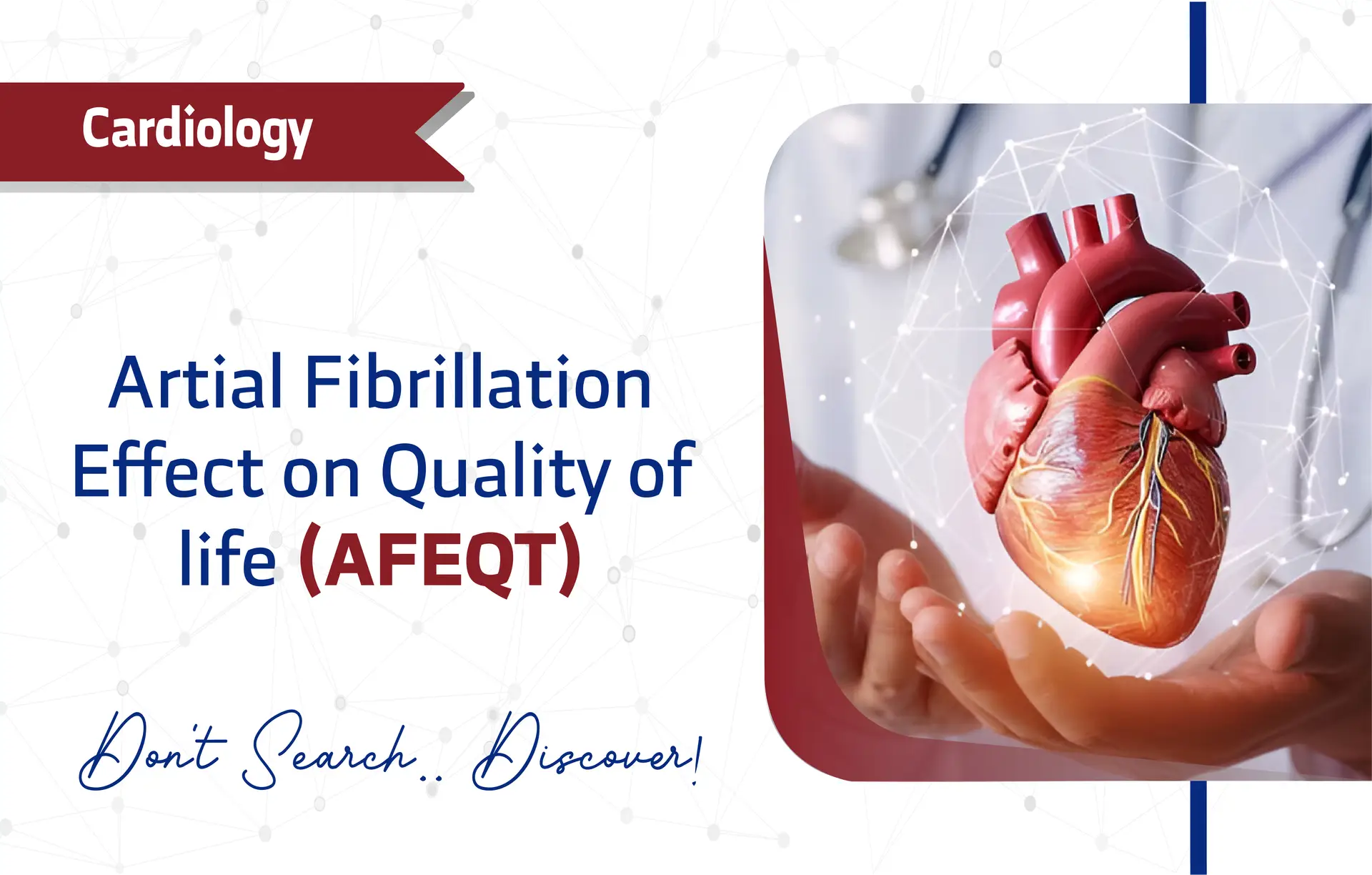
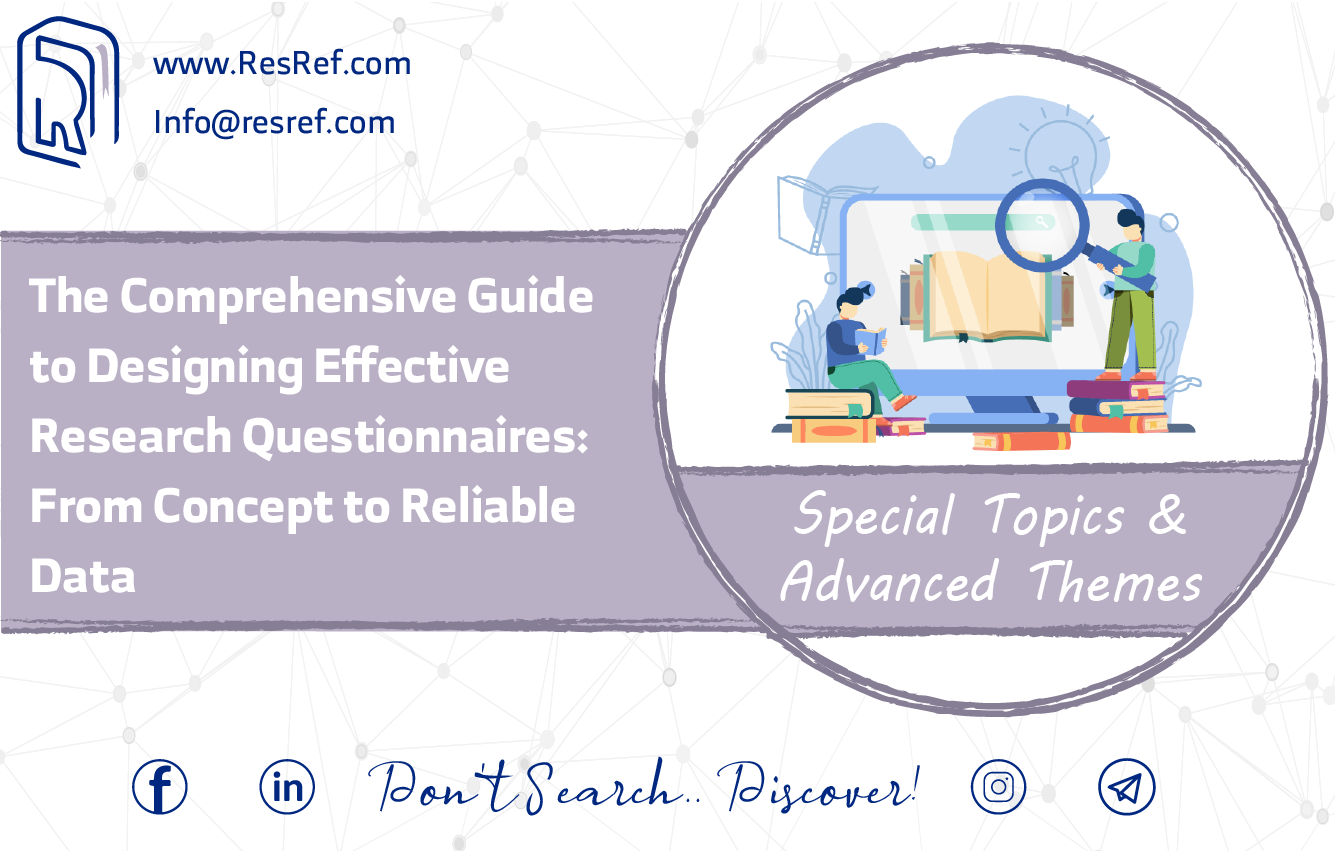
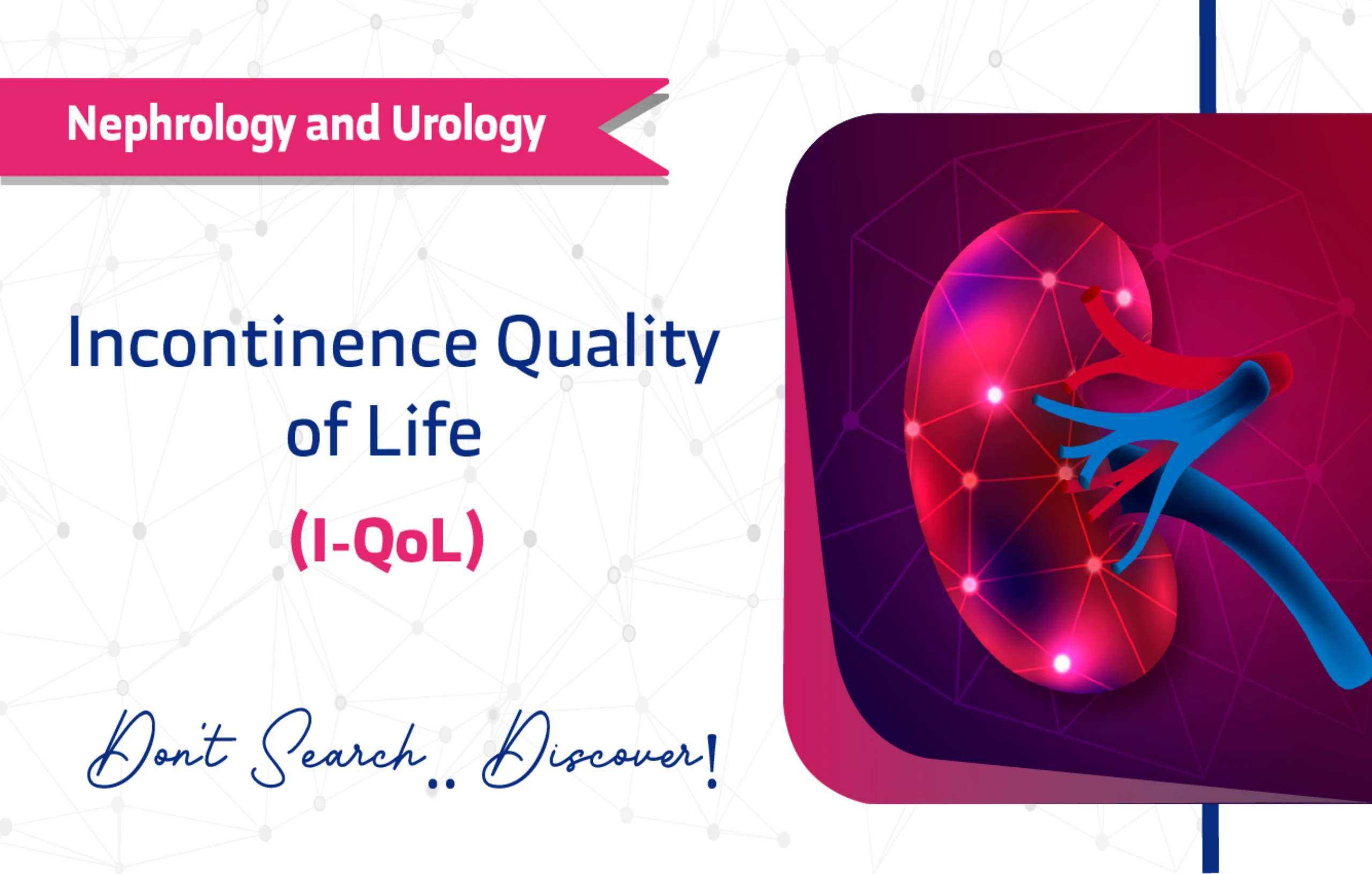


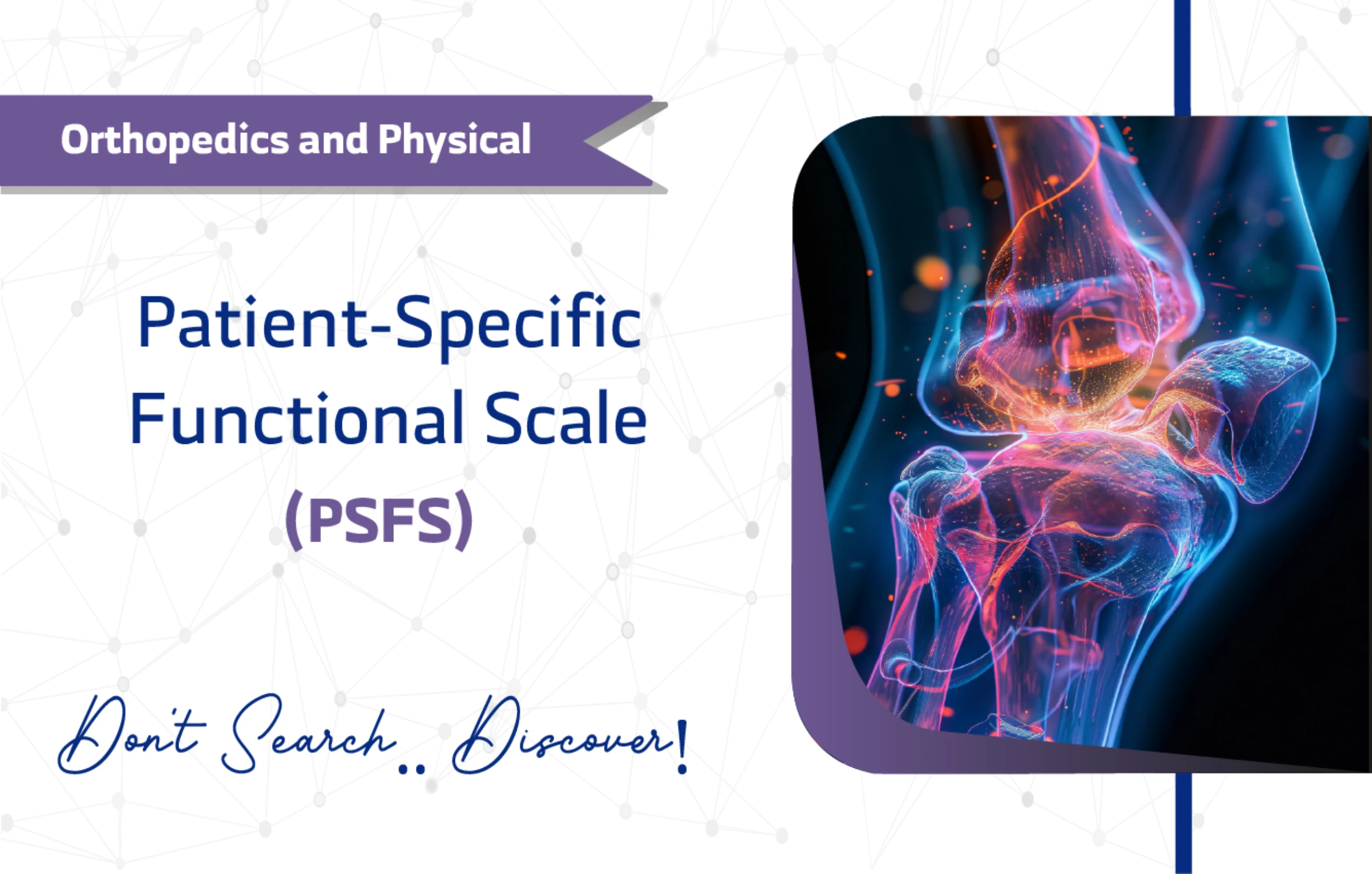
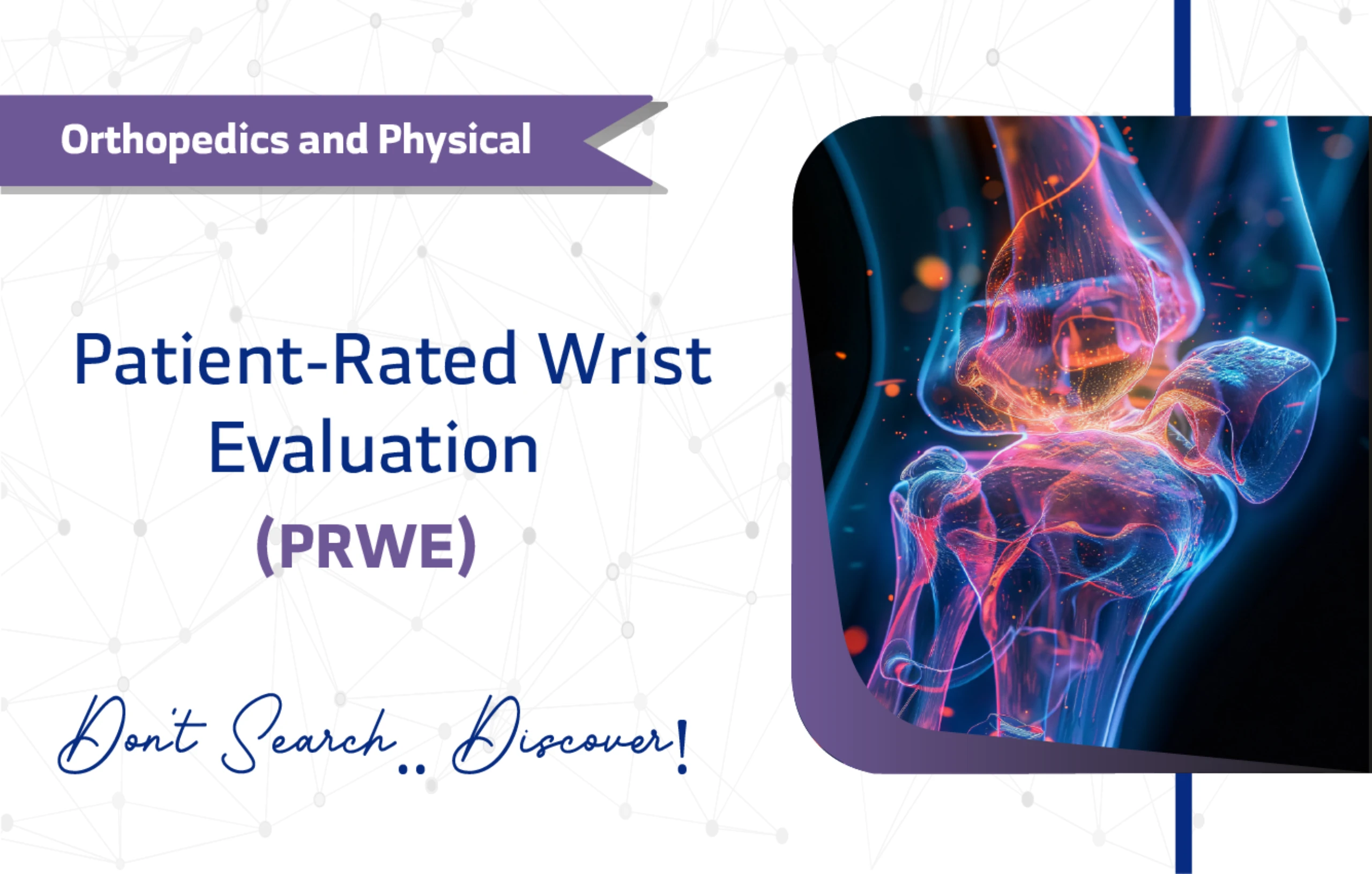
2 thoughts on “Atrial Fibrillation Effect on Quality of Life (AFEQT) Questionnaire: A Comprehensive Guide for Researchers and Clinicians”
Thank you for this useful content, you have no idea how it saves my time
Thank you for your sharing. I am worried that I lack creative ideas. It is your article that makes me full of hope. Thank you.